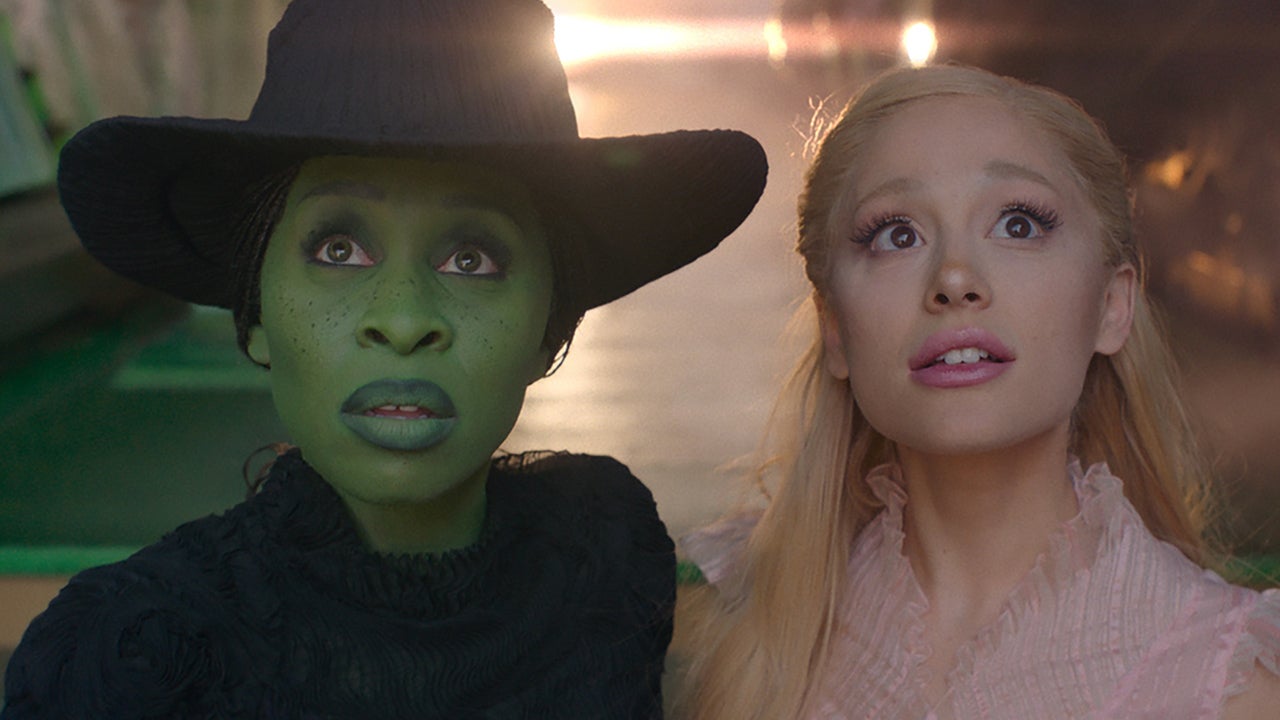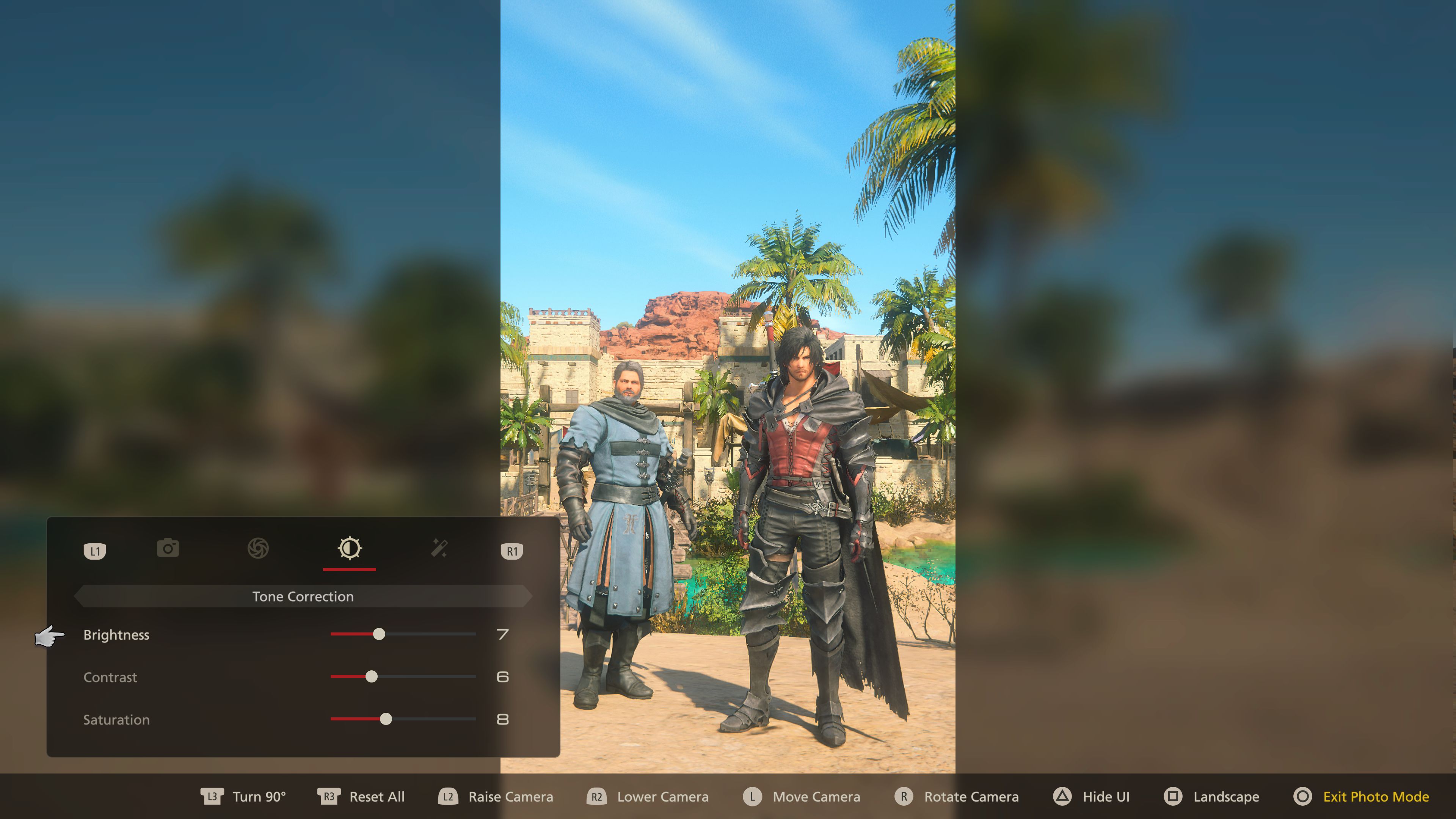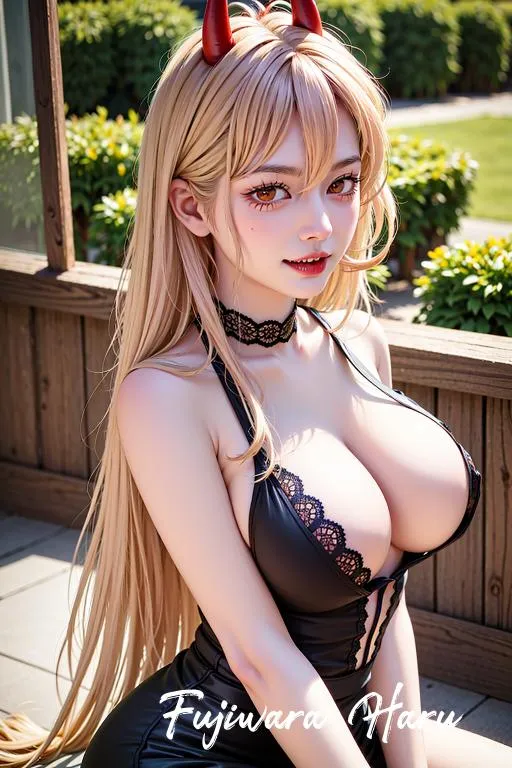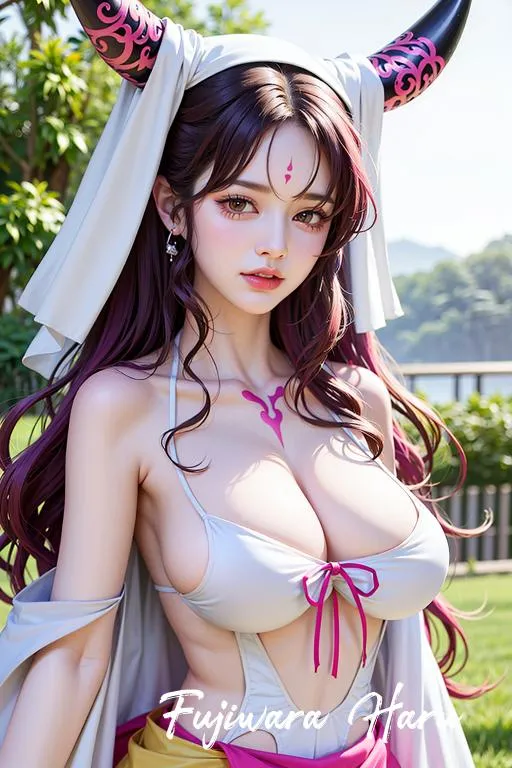Wicked opens in theaters Friday, November 22.
Wicked doesn't just defy gravity – it defies some incredibly high expectations, too. As a massive fan of Stephen Schwartz and Winnie Holzman’s Tony-winning origin story for the witches of Oz, I was wary of any attempt to turn the stage show into a film. But Crazy Rich Asians and In the Heights director Jon M. Chu unwinds Wicked with tremendous insight into what I and other fans love about it in the first place. As the future Good Witch of the South and Wicked Witch of the West, respectively, Ariana Grande and Cynthia Erivo deliver masterful and passionate performances that make them the perfect Elphaba and Glinda for this generation of musical fans – no small feat for roles originated by Broadway legends Kristin Chenoweth and Idina Menzel.
Early glimpses of the film raised fears that it’d plagued by the same visual-effects problems as so many other modern-day blockbusters, but Wicked is as tactile on the screen as it is on the stage. I can assure you: The halls and dorms occupied by Elphaba, Glinda, and their classmates at Shiz University aren’t flat, lifeless CGI creations. The intricately designed sets elevate the choreography of each musical number and are used to great effect in comedic songs like “Popular.” “Dancing Through Life” triumphantly translates the joy of seeing Wicked live: Dancers perform acrobatics in rotating circular bookshelves, Jonathan Bailey (who I swear has chemistry with every single person on the planet) taps his way across books with a flippancy perfectly suited to the charismatic prince Fiyero, and the ensemble works (and sings!) in harmony. Early on, “The Wizard and I” was the first song to prove to me Erivo, with her expressive performance and vocal prowess, was the perfect Elphaba. In the same way, “Dancing Through Life”’s exuberant choreography marked the moment where I said to myself: Oh, this movie gets it.
In true musical fashion, the big ensemble numbers are where Wicked is at its best. Choreographer Christopher Scott brilliantly plays to the remarkable production design from Nathan Crowley, particularly during the maximalist “One Short Day.” Chu has always excelled at capturing cinematic opulence, so it makes sense that he’d be able to combine all of these elements into something so lively.
The aforementioned “Popular” – in which Glinda counsels Elphaba on how to slay at Shiz – deserves a highlight too. Its frothy, frilly, and, of course, very pink playground truly unites the characters and reminds the audience of the improbability of their fierce friendship. Grande displays incredible mastery of her body as she performs riotous physical comedy amid the taffeta and tulle. It’s one of her biggest strengths as Glinda, who’s always been a thoroughly funny character. From her line delivery to the delightfully bewildering way she tosses her hair, she constantly reminded me – and I mean this as the highest possible compliment – of a Muppet.
Grande brings a zaniness to Glinda that makes the character. She applies her operatic vibrato to the most ridiculous lyrics and dominates the screen with all the aura one might expect of a global popstar. There’s an effervescence to her performance, and she carries herself with elegance and outlandishness all at once. It never detracts from the more emotional performances – particularly when the mood of the film dramatically shifts in the third act – and she never overpowers Erivo. The two synchronize like they were born for it, their genuine connection heightening the emotional stakes of the final minutes of the film. (This is where we should note that Wicked covers only the first act of the musical: Part II, and everything that comes after the anthemic “Defying Gravity,” will hit theaters next year.)
Erivo is reserved but never fades into the background, where Grande is boisterous without ever taking up too much space. Wicked only works if your Elphaba and Glinda find that delicate balance, and it's immediately clear in their first scene together that Chu and company certainly knew that. Their vocals are unsurprisingly incredible but it's the quiet moments they share, too, that carry as much weight. Honestly, it’s difficult to be coherent about just how much these two made me feel. But I can say I began and ended the movie in tears.
As Elphaba, Cynthia Erivo is a true revelation. I was in awe of the artistry she brings to one of the most iconic characters in musical-theater history. I knew she’d be good but I wasn’t prepared for just how good. Snippets of her rendition of “Defying Gravity” have leaked here and there, but nothing compares to hearing it in the theater for the first time. It’s enrapturing, a hymn at the altar of resistance – resistance to doubt, to shame, to what others want you to be. It’s hard not to hear “Defying Gravity” and everything it stands for as a rallying cry at a time of rising bigotry that targets women, queer people, trans people, and people of color. That's not to say one knockout performance from Erivo will save us, but there is the smallest of comforts in watching her deliver the song like a roar, giving us an Elphaba who will accept the trappings of villainy if it means doing the good, moral thing.
Not everything works visually in Wicked. The animal characters fall into a CGI trap of sorts, hailing from the same uncanny valley as the characters of Disney’s “live-action” remakes of The Jungle Book and The Lion King. On stage, characters like the professorial goat Dr. Dillamond (Peter Dinklage) are costumed as human-animal hybrids – including the flying monkeys, who are as unsettling now as they were when terrorizing Dorothy and friends in 1939’s The Wizard of Oz – rendering the Wizard’s true plans even more horrifying. Considering Wicked’s (sadly, very prescient) allegory of state-sanctioned discrimination, it would have been interesting to opt for more humanoid character designs.
Colors also feel oddly washed out in moments. The Shiz courtyard falls victim to this – gorgeous but not quite giving that colorful fantasticality one would expect from an Ozian university. Despite all its strengths, “Dancing Through Life” suffers from this too. The number is constructed of two distinct halves: at Shiz and at a club called the Oz Dust Ballroom. In, one imagines, purposeful contrast to the intensely saturated Oz Dust, the Shiz library is much more subdued. However, there are moments where characters, Grande and her pink pastels specifically, blend into their surroundings in a way that doesn’t seem all that intentional. There’s a bit too much light from the windows, not quite enough contrast within the set. The Emerald City doesn’t have this problem though, nor do specific areas of Shiz like Glinda and Elphaba’s bedroom or the office of headmistress Madame Morrible.
Beyond these relatively minor flaws, Wicked is a truly faithful adaptation of a beloved musical, and the film has a couple of surprises up its sleeve (including one particular cameo that got my audience cheering). It’s a long film, sitting at roughly two hours and forty minutes, but it never drags. Holzman’s book (which she adapted for the screen with Cruella co-writer Dana Fox) is just as powerful in the hands of this cast and, mercifully, Chu does justice to Schwartz’s resplendent music and lyrics. The sound mixing means the cleverly constructed wordplay in his words rings clear, never too overpowered by orchestration or muddled during massive musical numbers. The cast’s voices are crisp, their emotion strikes true. It’s clear Chu endeavored to take immense care to honor Wicked and, as a longtime fan, I’m grateful he did. Considering how starkly the mood changes in the second act of the stage show – which we see a bit of here – I do wonder just how he’ll follow up.
Grande and Erivo, though, are who I keep coming back to. They’re a Glinda and Elphaba I’ll continue to think about and I already know Erivo’s “Defying Gravity” will be on my rotation as often as Menzel’s. Not to be cliché, but if Wicked is the sun, I’m the comet pulled from orbit and watching this adaptation has definitely changed me for good.







